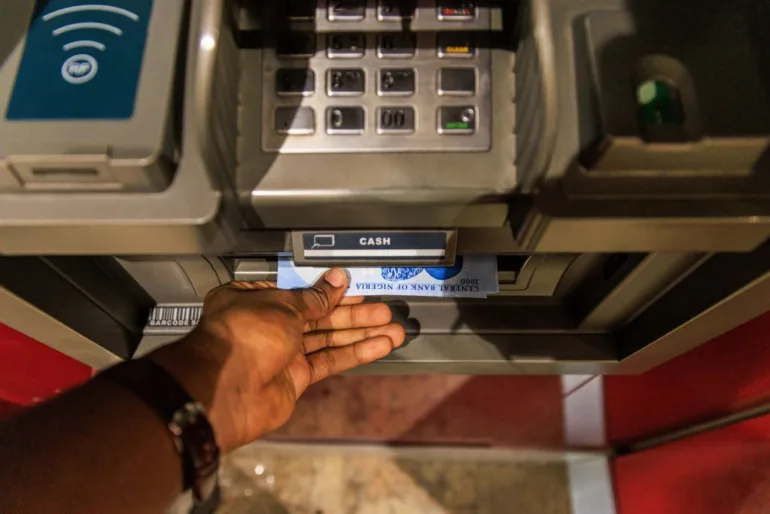The House of Representatives has directed the Central Bank of Nigeria (CBN) to suspend the implementation of its planned increase in ATM transaction charges.
Under the new CBN policy, customers withdrawing from their own bank’s ATMs would continue to enjoy free withdrawals. However, customers using ATMs from other banks would face a fee of N100 per N20,000 withdrawal if transacting within the premises of the bank. For ATMs located outside bank premises such as in malls, marketplaces, and other public areas customers would incur a N100 charge plus an additional surcharge of N500.
During a plenary session presided over by Speaker Tajudeen Abass, the House adopted a motion led by Rep. Marcus Onobun, calling for an immediate suspension of the policy. The suspension will remain in place until proper consultations are held with the relevant committees on Banking, Finance, and Financial Institutions.
Rep. Onobun, in presenting the motion, argued that the proposed ATM charges would exacerbate the financial exclusion of Nigerians, particularly discouraging low-income earners from accessing banking services. He contended that the policy runs counter to the CBN’s own financial inclusion agenda.
The Edo-born lawmaker further emphasized that Nigerians are already facing significant economic challenges, including high inflation, rising fuel prices, increased electricity tariffs, and a variety of banking and service charges that have substantially reduced disposable income. He argued that, in light of these hardships, introducing additional charges is unnecessary and burdensome.
Onobun also pointed out that the banking sector continues to post substantial profits, making it unjustifiable to impose extra charges on consumers without any corresponding improvements in service delivery or infrastructure. He noted that it is the government’s responsibility to protect citizens from exploitative financial practices, and such charges would only contribute to further economic distress, making the policy both contradictory and counterproductive.


